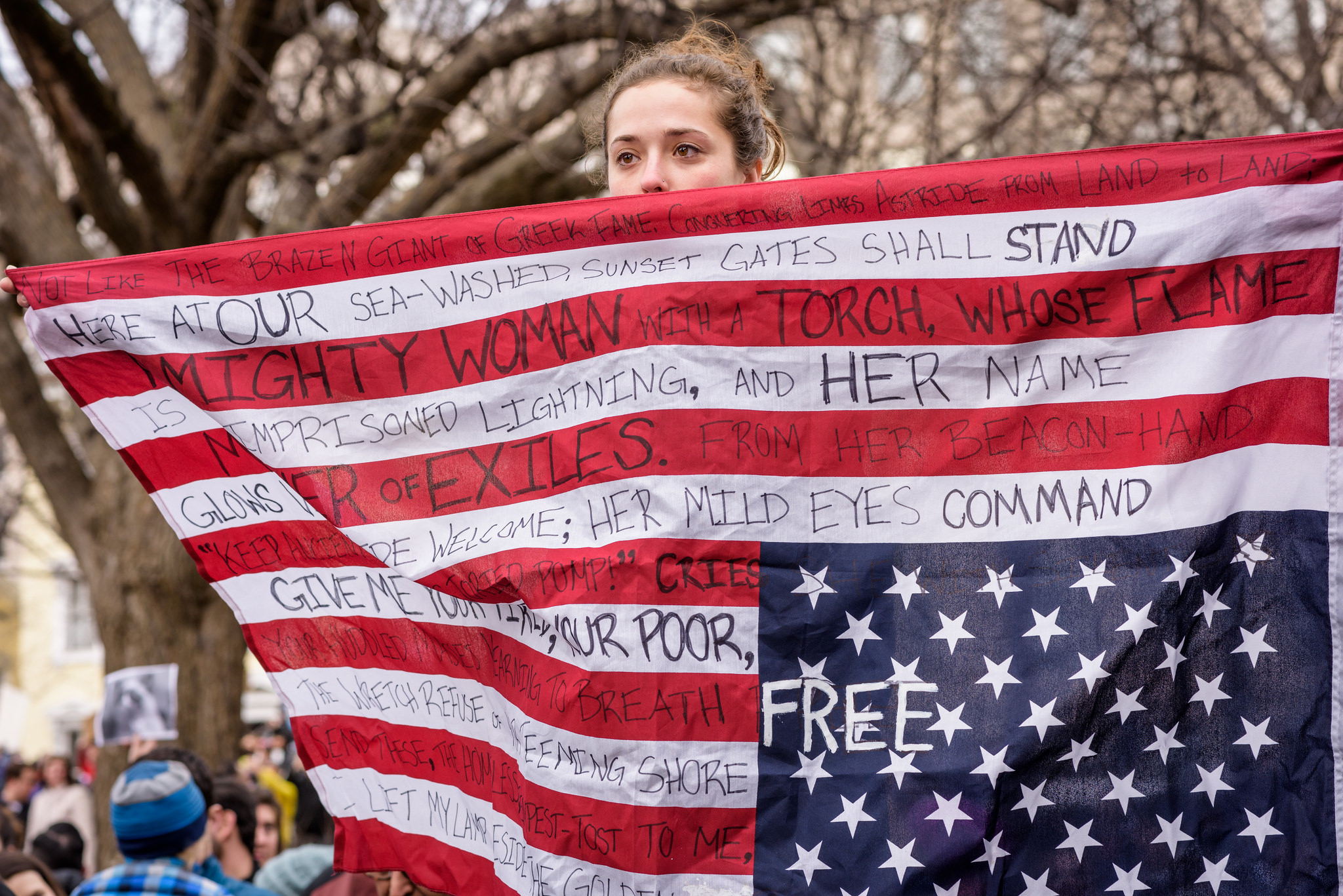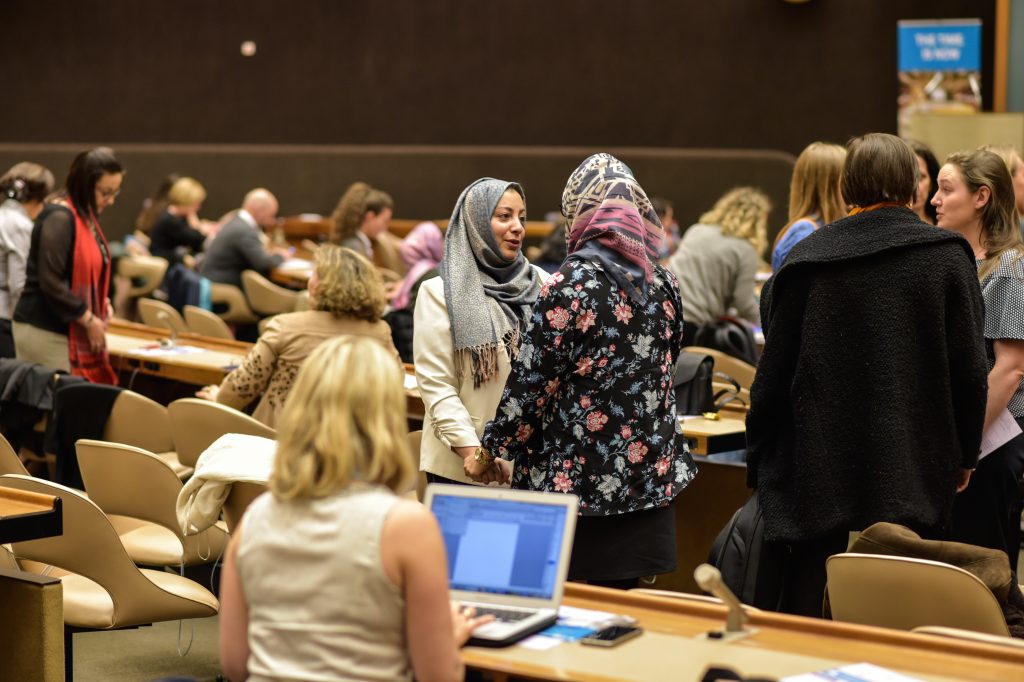
Counterterrorism and Human Rights under the Trump Administration
by Genevieve Zingg, a blog writer for RightsViews and a M.A. student in Human Rights Studies at Columbia University
On Monday, the Human Rights Institute at Columbia Law School hosted an event on counterterrorism and human rights under the Trump administration. The event featured Laura Pitter, senior national security counsel at the United States program of Human Rights Watch, speaking on the new human rights challenges posed by counterterrorism policies emerging under President Trump.
Prior to working with HRW, Pitter was a journalist and lawyer with the U.N. in Bosnia and Afghanistan. Under the Obama administration, she worked on accountability for past instances of torture and the prevention of government-sanctioned torture. Specifically, she worked to document torture that had not yet come to light prior to the Senate Intelligence Committee report on the CIA’s detention and interrogation program.
Human rights concerns under the Obama administration centered on detention practices at Guantanamo and the use of drone strikes. During this time, HRW focused on...

